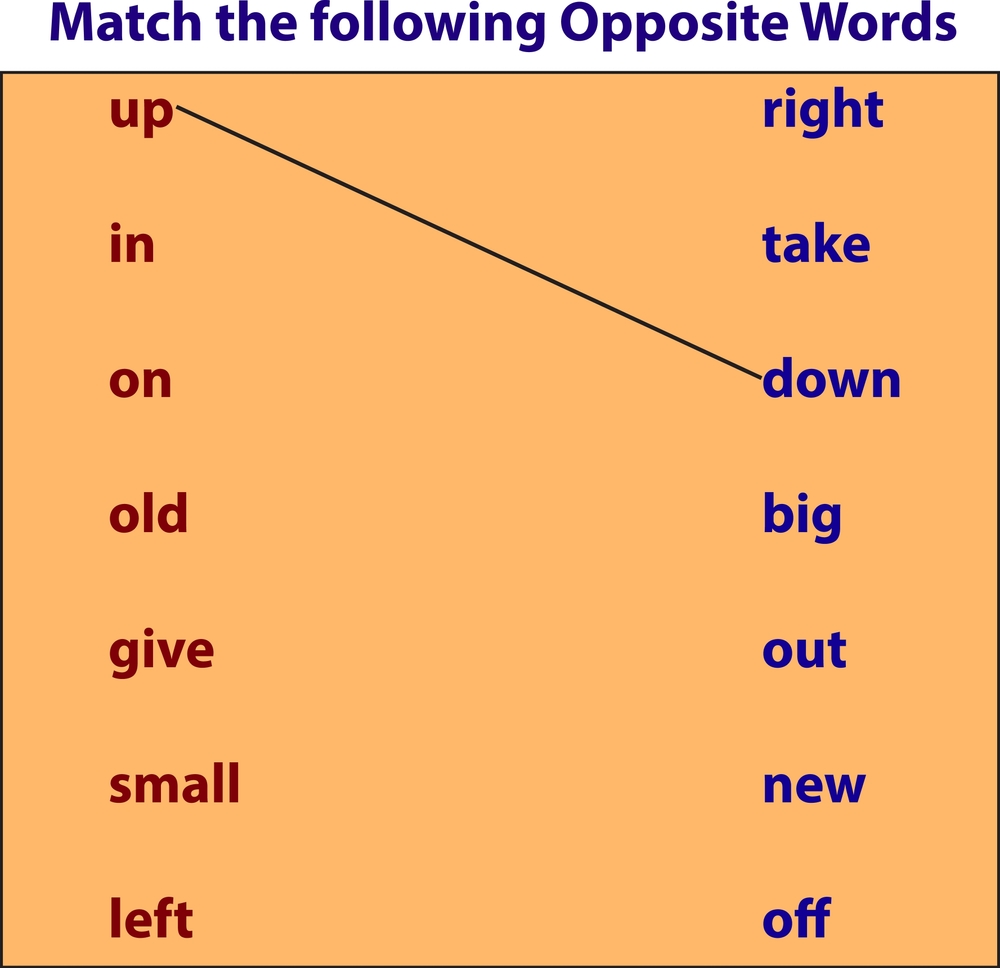Essential Writing Skills for Professional Growth
Introduction
Have you ever wanted to write better emails, reports, or messages? If yes, then you’re in the right place! Writing is one of the most important skills you can develop, especially for your job. Whether you work in an office, a store, or even from home, knowing how to write well helps you communicate clearly with others.
In this article, you’ll learn about why good writing is important at work, what types of writing you need to master, and simple ways to improve your skills. Let’s start by understanding why writing is so helpful in your career.
Why Writing Skills Matter in Professional Growth
Imagine trying to tell someone about an idea, but they don’t understand you. It can be very frustrating, right? Good writing helps you avoid that confusion. When you write clearly, people can understand what you mean right away. This is very important in the workplace because:
- You share information better: If you write clearly, your boss or coworkers will understand your ideas more quickly.
- You look more professional: Well-written emails and reports make you seem more organized and reliable. This helps build trust with your team.
- You can solve problems: If you can write down a plan or an idea clearly, it’s easier to fix problems or find solutions together.
Now that we know why writing is important, let’s look at the different types of writing you need to use at work.

Types of Writing Skills Essential for Career Advancement
1. Business Writing
Business writing is any kind of writing you do at work. This includes emails, memos, and reports. This type of writing is usually short, clear, and to the point. It helps you communicate effectively with your team, managers, and clients.
For example, if you need to let your team know about a meeting, you’d write a simple email like this:
“Hi Team,
We have a meeting tomorrow at 10 AM to discuss our project update.
See you there!
Thanks, [Your Name]”
2. Email Communication
Emails are a big part of most jobs. Knowing how to write a good email helps you share information quickly. A good email should have:
- A clear subject line.
- A greeting like “Hi,” “Hello,” or “Dear [Name].”
- Short, clear sentences.
- A closing, such as “Thank you,” or “Best regards.”
For example:
Subject: Meeting Reminder
Hi [Name],
Just a quick reminder about our meeting tomorrow at 10 AM. Please let me know if you need any changes.
Thank you,
[Your Name]

3. Report Writing
Sometimes you need to write a report at work. A report shares important information, like project progress or sales numbers. Reports usually have:
- A clear title.
- An introduction to explain what the report is about.
- Sections with facts or details.
- A conclusion that summarizes the main points.
4. Presentation Writing
When you give a presentation at work, good writing helps make it interesting. You want to keep your slides clear and your words simple so that people can follow along easily. Use bullet points, simple language, and images to make your ideas stand out.
5. Creative Problem-Solving through Writing
Creative writing isn’t just for stories or poems; it’s also useful at work! Sometimes, you need to write creatively to solve problems. For example, you might need to write a plan to improve teamwork or explain a new idea in a fun way.
How to Improve Writing Skills for Professional Growth
1. Practice Regularly
The best way to get better at writing is to practice. Set aside time every day to write, even if it’s just for 10 minutes. You could write a journal, a short email to a friend, or even a list of ideas. The more you write, the more comfortable you will get with your words.
2. Read Actively
Reading helps you become a better writer. Try reading different things like news articles, stories, or blogs. When you read, notice how the writer explains ideas. Pay attention to words they use and how they organize their thoughts. This can help you learn new words and improve your writing style.
3. Understand Your Audience
Good writing always starts with understanding who you are writing for. Think about your reader: Are they your boss, a coworker, or a customer?
- If it’s your boss, your writing should be clear and formal.
- If it’s a coworker, you can be a bit more casual but still clear.
- If it’s a customer, your writing should be friendly and helpful.

4. Use Grammar Tools
There are many tools that can help you check your writing. Tools like Grammarly and Hemingway Editor can show you grammar mistakes, suggest better words, and help make your sentences clearer. These tools are great for beginners, but always review your work to make sure it sounds like you.
5. Take Writing Courses
There are online courses that teach writing skills. Websites like Coursera and LinkedIn Learning offer classes on business writing, email writing, and more. These courses can help you improve step by step, and you can learn at your own pace.
Top Tips for Writing Effectively at Work
1. Be Clear and Concise
Don’t use big words if smaller ones work better. Short, simple words make your message clearer. For example:
- Instead of “utilize,” say “use.”
- Instead of “assist,” say “help.”
Clear writing gets your point across faster and is easier for others to understand.
2. Use Active Voice
Writing in an active voice makes your sentences stronger. For example:
- Instead of saying, “The report was finished by John,” say, “John finished the report.” This makes your writing more direct and interesting.
3. Organize Ideas Properly
Use headings, bullet points, and short paragraphs to make your writing easy to follow. For example, if you’re writing an email about a project update, use bullet points to highlight each task. This makes it easier for your reader to understand what’s important.
4. Proofread Your Work
Always read over what you’ve written before you send it. Check for spelling mistakes, missing words, or confusing sentences. Taking a short break before proofreading can help you spot errors more easily.
5. Learn to Adapt Your Tone
Depending on who you’re writing to, you may need to change your tone. For example:
- A report should be serious.
- An email to a coworker can be more friendly.
- A customer message should be polite and helpful.
Understanding tone is important because it helps your writing match the situation.

Conclusion
Writing well is a very useful skill that can help you grow in your career. Good writing helps you communicate clearly, look professional, and solve problems more easily. By practicing every day, reading more, and paying attention to grammar, you can become a better writer at work.
Remember, improving your writing takes time, but the effort is worth it. Start small, be patient with yourself, and celebrate your progress along the way!
FAQs
Why are writing skills important for career growth?
Writing skills are important because they help you share ideas clearly and solve problems quickly. This makes you a better communicator, which helps you grow in your career.
How can I improve my writing quickly?
You can start by reading more, writing every day, and using tools like Grammarly to check your mistakes. Also, try taking short online courses to learn more.
What is the best way to write a good email?
To write a good email, use a clear subject line, keep your message short, and always end with a polite closing. Check for spelling errors before sending it.
How does proofreading help my writing?
Proofreading helps you catch mistakes and make sure your message is clear. It’s the best way to make sure your writing looks professional.
Can reading really improve my writing?
Yes! Reading teaches you new words, styles, and ways of explaining ideas. It’s a great way to learn and get better at writing.




